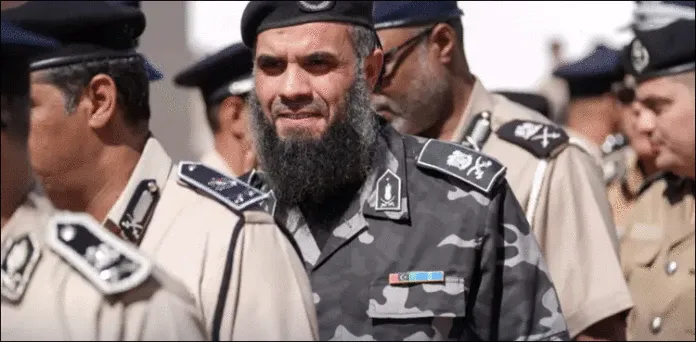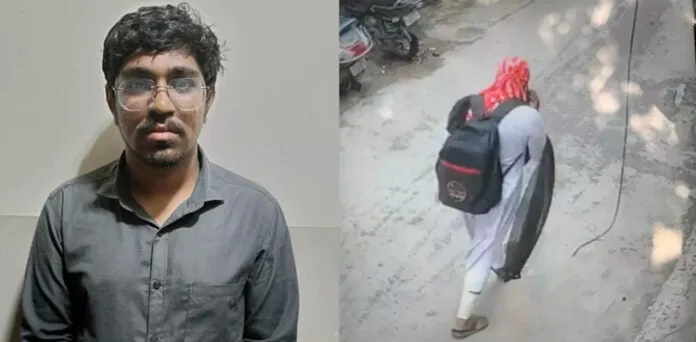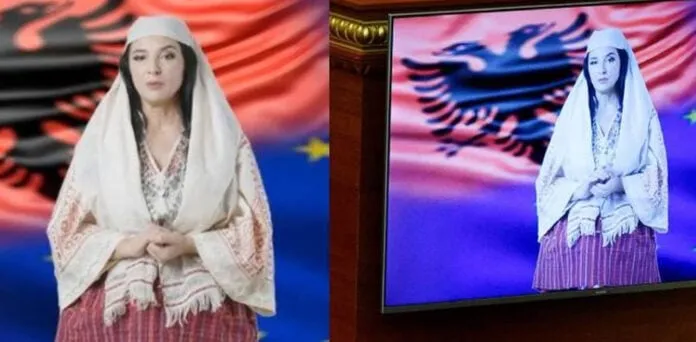Libya Reverses Police Beard Ban After Public Backlash and Military Pressure
Libya’s Interior Ministry officially canceled the controversial police beard ban on September 21, 2025, following intense public backlash and military leadership intervention. The decision represents a significant victory for religious freedom advocates and traditional Islamic practices in the North African nation.
Deputy Interior Minister Faraj Qa’im announced Saturday evening that the ministry would withdraw its decision prohibiting police officers from growing beards, ending days of public controversy and internal government tensions.
Strong Public Opposition Forces Policy Reversal
The beard restriction faced immediate and widespread criticism from Libyan citizens, religious leaders, and civil society organizations. Public demonstrations and social media campaigns pressured government officials to reconsider the controversial mandate.
Key opposition factors included:
- Religious Freedom Concerns: Citizens viewed the ban as restricting Islamic practices
- Cultural Tradition Violation: Beards represent important cultural and religious identity
- Constitutional Questions: Critics argued the restriction violated religious rights
- Public Demonstrations: Street protests demanded immediate policy reversal
- Social Media Campaigns: Online activism amplified opposition voices
Military Leadership Intervenes in Civilian Policy
Military command intervention played a crucial role in forcing the Interior Ministry to reverse its decision. Senior military officials expressed concerns about the policy’s impact on Islamic traditions and officer morale.
Military pressure included:
- Command Opposition: Senior military leaders objected to civilian ministry overreach
- Religious Respect: Military emphasized importance of Islamic practices for personnel
- Unity Concerns: Worried about divisions between military and police forces
- Traditional Values: Supported maintaining cultural and religious traditions
- Government Relations: Influenced overall civil-military coordination
Interior Ministry’s Official Statement
Deputy Interior Minister Faraj Qa’im issued a formal statement Saturday evening announcing the complete withdrawal of the beard restriction policy. The announcement came after extensive internal discussions and external pressure.
Official announcement details:
- Complete Reversal: Total cancellation of police beard prohibition
- Immediate Effect: Policy change takes effect immediately for all officers
- No Penalties: Officers will face no consequences for having beards
- Religious Accommodation: Ministry acknowledges religious importance of facial hair
- Future Consultation: Promises broader consultation on uniform policies
Context of Libya’s Religious and Cultural Landscape
The beard ban controversy highlights ongoing tensions between secular governance and Islamic traditions in post-revolution Libya. Since 2011, various authorities have struggled to balance modern administrative practices with religious customs.
Cultural significance includes:
- Islamic Tradition: Beards hold significant religious meaning in Islamic culture
- Personal Identity: Facial hair represents individual religious expression
- Cultural Heritage: Traditional Libyan men commonly wear beards
- Religious Practice: Many Muslims consider beards a recommended religious practice
- Social Acceptance: Bearded appearance is widely accepted in Libyan society
Broader Implications for Libyan Governance
This policy reversal demonstrates the significant influence of public opinion and military pressure on government decision-making in Libya’s complex political landscape. The incident reveals ongoing challenges in governance coordination.
Governance implications include:
- Public Influence: Citizens can effectively pressure government policy changes
- Military Role: Armed forces maintain significant influence in civilian affairs
- Religious Considerations: Government must respect Islamic traditions in policymaking
- Policy Consultation: Need for broader consultation before implementing restrictions
- Social Stability: Religious and cultural sensitivity affects political stability
International Context of Religious Freedom
The beard ban controversy occurs amid broader discussions about religious freedom and government overreach in the Middle East and North Africa region. Libya’s reversal contrasts with more restrictive policies in some neighboring countries.
Regional comparison includes:
- Religious Liberty Trends: Varying approaches to religious expression across MENA region
- Government Restrictions: Different levels of state control over religious practices
- Cultural Sensitivity: Importance of respecting local traditions and customs
- International Pressure: Human rights organizations monitor religious freedom issues
- Democratic Development: Religious liberty as component of democratic governance
Impact on Police Force Morale and Unity
The successful reversal of the beard ban will likely improve morale among religious police officers who felt discriminated against by the original policy. The change demonstrates government responsiveness to personnel concerns.
Police force benefits include:
- Improved Morale: Officers feel respected in their religious practices
- Reduced Discrimination: Eliminates religious-based employment restrictions
- Unity Restoration: Removes source of division within security forces
- Religious Accommodation: Creates more inclusive work environment
- Professional Respect: Acknowledges officers’ rights to religious expression
Lessons for Future Policy Development
The rapid reversal of the police beard ban provides important lessons for Libyan policymakers about consultation, cultural sensitivity, and the importance of considering religious implications before implementing new regulations.
Policy development lessons:
- Stakeholder Consultation: Importance of consulting affected parties before policy changes
- Cultural Assessment: Need to evaluate cultural and religious impacts of new rules
- Public Opinion: Value of considering citizen reactions to government policies
- Religious Sensitivity: Requirement to respect Islamic traditions in secular governance
- Implementation Planning: Better preparation needed for controversial policy changes
Looking Forward: Religious Freedom in Libya
The successful challenge to the police beard ban demonstrates that Libyan citizens and institutions remain committed to protecting religious freedoms despite ongoing political challenges. This incident may strengthen protections for religious expression in future government policies.
The reversal shows that even in Libya’s complex political environment, public pressure combined with institutional opposition can successfully defend traditional religious practices against government overreach.







